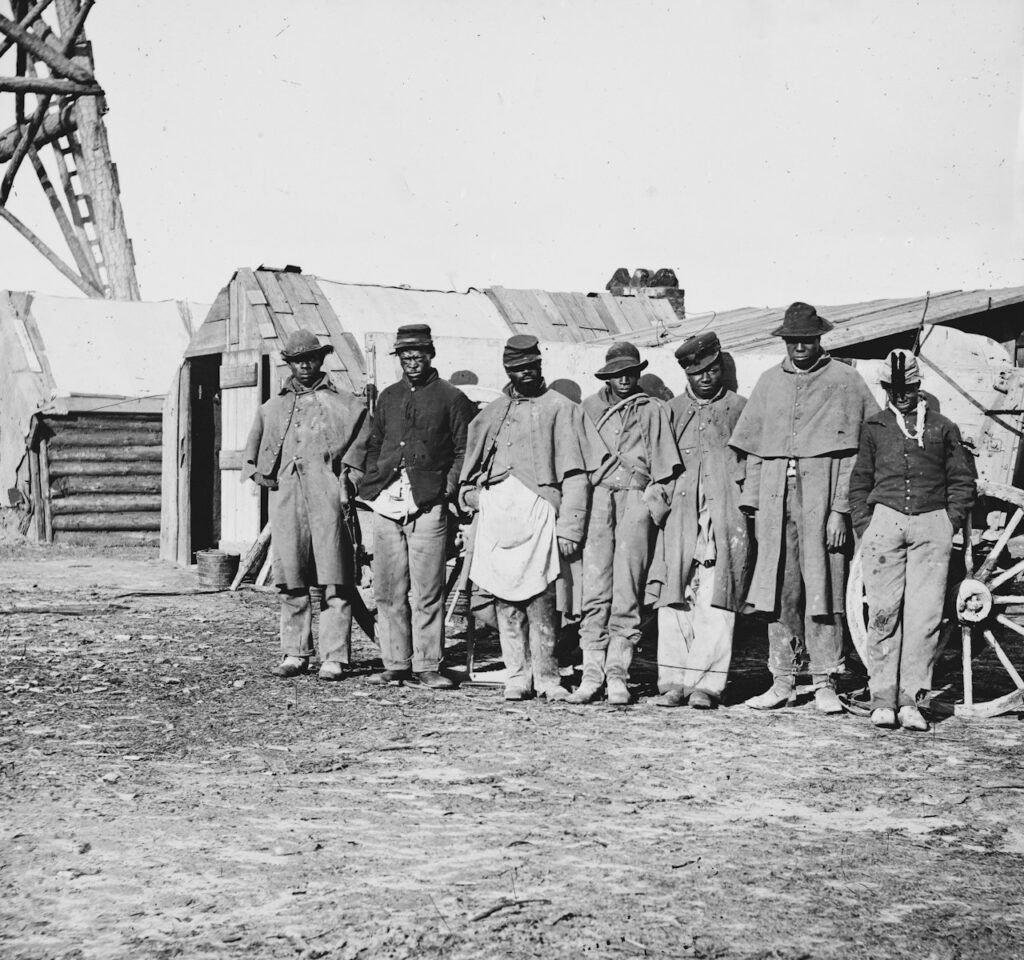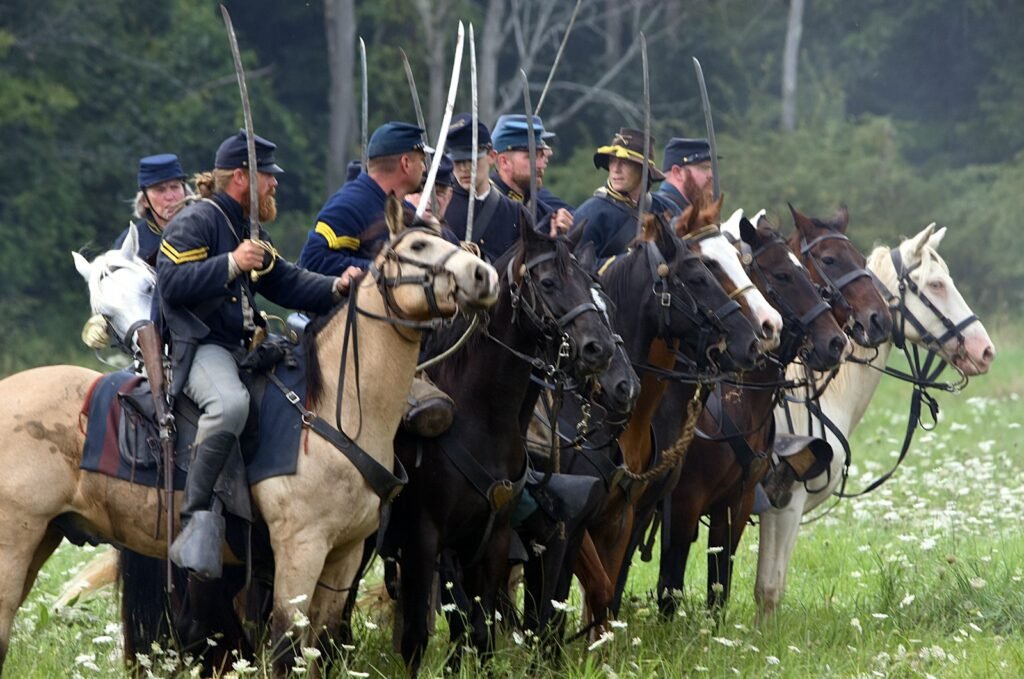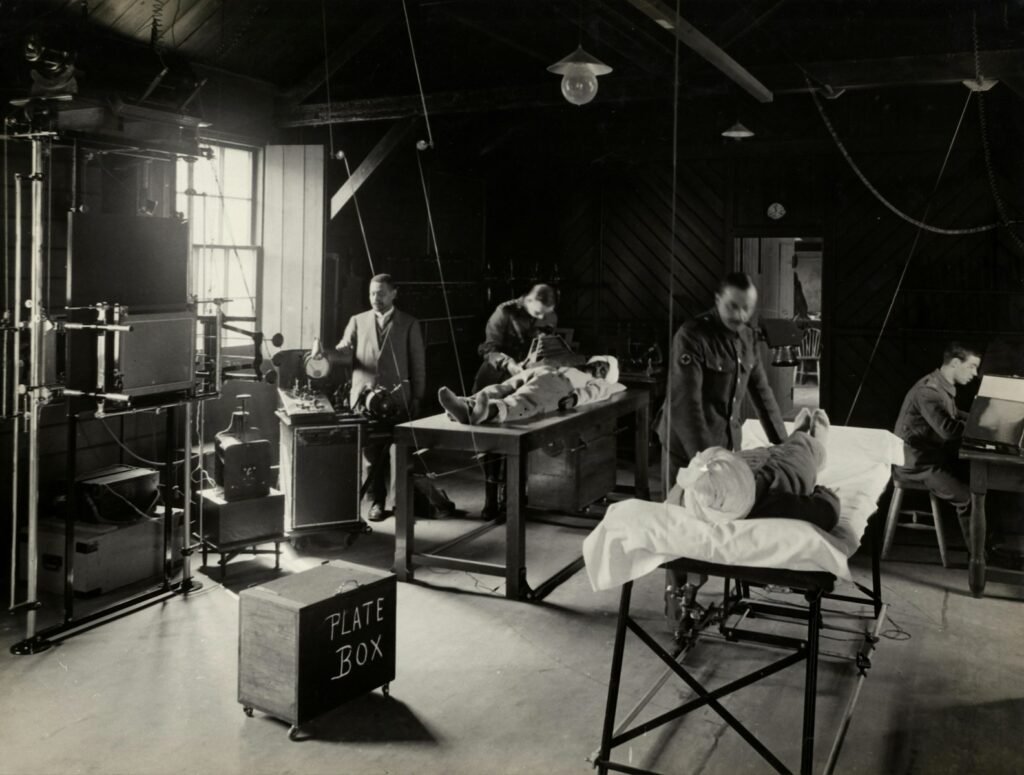
Key Events in African American History
In the labyrinthine tapestry of African American history, we unearth a complex web of pivotal moments that have indelibly influenced the trajectory of the nation. From the harrowing depths of slavery to the towering peaks of resistance, the journey is fraught with turmoil yet imbued with an unwavering spirit of fortitude and bravery. The stories of trailblazers like Harriet Tubman reverberate through time, her declaration “I had crossed the line. I was free; but there was no one to welcome me to the land of freedom. I was a stranger in a strange land,” serving as a poignant reminder of defiance in the face of oppression.
The cultural contributions of African Americans are akin to bursts of vibrant threads intricately woven into America’s identity. From the pulsating rhythms of jazz music to Langston Hughes’ lyrical ptry, their artistic brilliance echs through generations. Maya Angelou’s powerful words, “We may encounter many defeats but we must not be defeated,” underscore the resilience and ingenuity that have propelled African American voices forward amidst adversity. Each milestone from the hallowed grounds of the Civil War to the fervent battles for civil rights stands as a testament to their enduring legacy in shaping a nation striving for equality and justice.
Slavery and Resistance
In the enigmatic depths of African American history in the United States, the haunting specter of slavery casts a long and ominous shadow. The systematic oppression of slavery not only stripped individuals of their humanity but also ignited a fierce flame of defiance among those who refused to be shackled by their circumstances. As the illustrious Frederick Douglass boldly declared, “I would rather be true to myself, even if it means facing scorn from others, than live a lie that fills me with self-loathing.” These words resound with profound meaning, capturing the dauntless bravery and tenacity exhibited by countless enslaved souls in the face of unfathomable cruelty.
The struggle against the chains of bondage manifested itself in myriad ways – from daring escapades along clandestine routes like the Underground Railroad to bold uprisings such as the legendary Stono Rebellion of 1739. The unyielding spirit of African Americans radiated brilliantly through their relentless quest for freedom and dignity. Harriet Tubman, an indomitable leader in the battle against slavery, encapsulated this spirit when she proclaimed, “I had thought it through; I was entitled to one thing or another – either liberty or death; if denied one, then I would claim the other.” The enduring legacy of these acts of rebellion reverberates through time immemorial as a testament to human resilience in times of unparalleled adversity.
Contributions to American Culture
The enigmatic influence of African American culture on the intricate tapestry of American society remains a perplexing phenomenon, particularly when reflecting upon the bygone era of the 18th century. From the harmonious cadence of music to the eloquence of literature, from the vivid strokes of art to the tantalizing flavors of cuisine, African Americans have left an indelible mark that continues to shape and redefine the cultural terrain of this nation. Consider, for instance, the illustrious pt Phillis Wheatley, whose transcendent spirit soared above the shackles of slavery to etch her name in history as the first published African American female pt. Her verses echo through time with unwavering resonance, serving as a testament to humanity’s boundless capacity for innovation amidst adversity.
Furthermore, one cannot underestimate the profound impact wielded by African American music. In echoing sentiments akin to those expressed by Duke Ellington who famously proclaimed that “Music is my mistress, and she plays second fiddle to no one” we are reminded of its transformative power. From the pulsating rhythms inherent in gospel melodies to jazz’s soul-stirring compositions, African American musicians have woven a rich tapestry that imbues American culture with their distinctive sounds and narratives. It is through their melodic expressions that communities find unity and kinship beyond borders; bridging divides and fostering connections amongst individuals from disparate backgrounds.
Role in the American Revolution
In the perplexing and bursty era of the American Revolution, African Americans found themselves entangled in a tumultuous struggle for independence. Some slaves, seeking freedom, chose to fight alongside the British forces, while others aligned themselves with the Patriots, holding firm to ideals of liberty and equality that seemed both elusive and tantalizing. Among these individuals stands Crispus Attucks, a former slave whose life was tragically cut short in the chaos of the Boston Massacre. His sacrifice stands as a poignant symbol of courage and determination amidst uncertainty.
Beyond the battlefield, African Americans played diverse roles in support of the war effort – serving as scouts, guides, and even spies in service to their cause. James Armistead Lafayette emerges as one such figure; his intelligence-gathering activities proved invaluable to the Continental Army’s success at Yorktown. These accounts paint a vivid picture of resilience and patriotism within an atmosphere fraught with challenges – underscoring not only the significance but also the indispensability of African American contributions to America’s genesis during this turbulent chapter in history.
The Abolitionist Movement
In the midst of the chaotic and crucial era of the Abolitionist Movement, we are confronted with the intense resolve of individuals who ardently supported the cause of freedom and equality. The widespread antislavery fervor that swept through America in the 19th century serves as a testament to the unyielding spirit of those who believed in the innate rights of every individual. Frederick Douglass, a prominent figure in this movement, poignantly encapsulated their struggle with his words, “I would unite with anybody to do right and with nobody to do wrong.”
The abolitionists encountered vehement opposition from advocates of the status quo, yet they persisted in their mission to dismantle slavery. Harriet Tubman, revered as the “Moses” for her courageous leadership in guiding enslaved individuals to freedom via the Underground Railroad, embodied the fearless determination of those who resisted oppression. As Tubman astutely declared, “I had reasoned this out in my mind; there was one of two things I had a right to liberty or death; if I could not have one, I would have the other.” The Abolitionist Movement stands as a symbol of hope and resilience in American history’s records, illustrating how collective action can wield immense power when striving for justice and equality.
Education and Intellectual Achievements
During the perplexing 18th century, African Americans found themselves confronting a multitude of challenges when it came to accessing education and showcasing their intellectual prowess. Despite the overwhelming barriers placed before them, there were those who defied expectations and displayed an astounding burst of resilience and determination in their quest for knowledge. One such enigmatic figure was Phillis Wheatley, a trailblazing African American pt whose words not only showcased her literary brilliance but also shattered preconceived notions about the intellectual capacities of her community.
In addition, amidst this chaotic backdrop, institutions like the African Free School in New York City emerged as beacons of hope for African Americans seeking to expand their minds. Established by the New York Manumission Society in 1787, this school stood as a testament to the belief that all individuals, regardless of skin color, deserved equal access to education. This revolutionary initiative serves as a reminder of the transformative power that inclusive educational practices can have in unlocking intellectual potential across diverse communities.
Involvement in the Civil War
The perplexing twists and turns of African American history have been intricately intertwined with the chaos of the Civil War. In a time when the nation was torn asunder, African Americans found themselves thrust into the heart of battle, fighting tooth and nail for their very existence. Their unwavering determination and bravery in the midst of this turbulent era left an indelible mark on the annals of history.
African American soldiers emerged as key players in the tumultuous drama of the Civil War, their actions speaking louder than words. As Frederick Douglass eloquently put it, “Give a black man his uniform emblazoned with U.S., adorn him with an eagle insignia, arm him with a musket and bullets – no force on this earth can deny his rightful claim to citizenship.” Their gallantry on the battlefield showcased a steadfast allegiance to freedom and equality. The pivotal role played by African American troops proved decisive in shifting the tide of war, showcasing their resilience and strength in times of adversity. The enduring legacy left by their involvement in the Civil War stands as a testament to the unyielding spirit of African Americans in their quest for justice and parity.
The Reconstruction Era
The post-Civil War period known as the Reconstruction Era was a time of perplexing contradictions and sudden bursts of change. From 1865 to 1877, the nation found itself in a whirlwind of hope, challenges, and complexities as it strove to rebuild and redefine itself. The fierce debates and socio-political upheavals that characterized this era were just the tip of the iceberg when it came to the monumental task of achieving racial equality.
In these tumultuous years, uncertainty hung thick in the air like a heavy fog, casting doubt on the future of the United States. As Frederick Douglass wisely observed, progress could only come through struggle and struggle there was aplenty during this period. African Americans, newly emancipated from slavery’s chains, faced an uphill battle for recognition as full-fledged citizens in a country still reeling from its bloody past.
Despite facing rampant discrimination and violence at every turn, these courageous individuals forged ahead with unwavering determination. Their resilience became a beacon of light in an otherwise dark time, laying down a solid groundwork for future generations to pick up where they left off in fighting for equality and justice.


